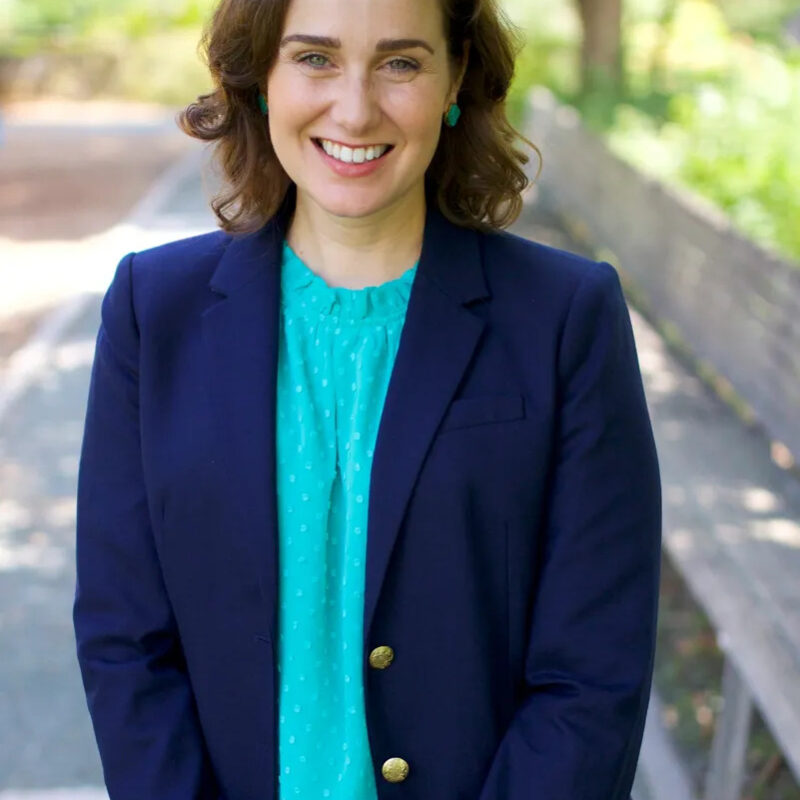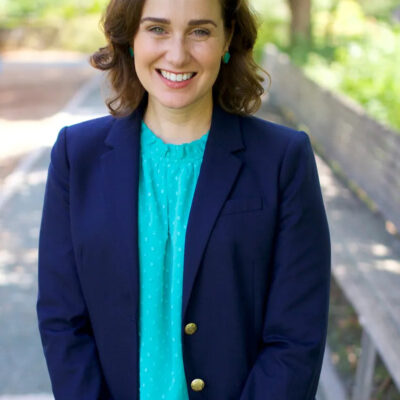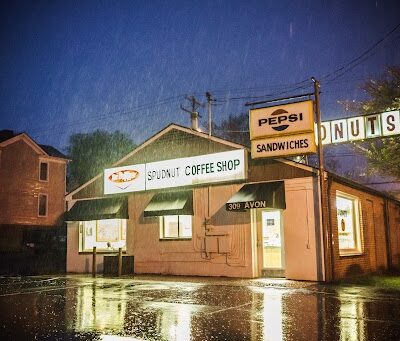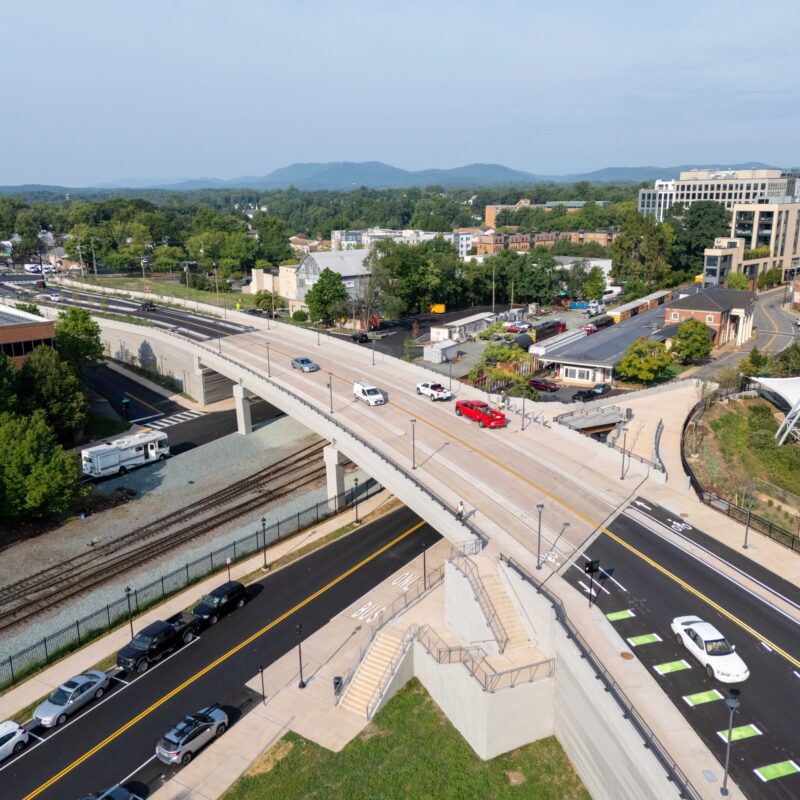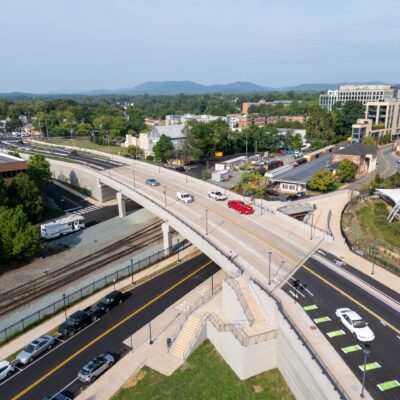In Charlottesville, cyclists spent the last year advocating for safer commuter routes and their fair share of the road. But while local bike culture boomed, elected officials in Richmond failed to reach consensus on a number of bicycle bills. During the recent General Assembly session, three Senate bills and one House bill hit a few speed bumps and were ultimately tabled.
|
State Delegate David Toscano says rural legislators in Virginia "have a difficult time with this bike issue because they don’t see it as much in their communities as we do." |
“I was disappointed,” says Ruth Stornetta, avid cyclist and member of Bike Charlottesville, a group that champions a bike-friendlier city. “I was most disappointed at the attitude of a lot of legislators that, because they have encountered cyclists who do break the law… did not want to provide legislation that would create a safer environment for all cyclists.”
Senate Bill 905, patroned by Senator Creigh Deeds and supported by the City of Charlottesville, met the greatest opposition. Deeds eventually chose to strike the reckless cycling bill, which would have allowed police to issue citations for cyclists that ride a bike “in willful or wanton disregard of the safety of persons or property.” The citation would have carried a penalty less than a reckless driving charge. According to Stornetta, the bill’s language was originally intended to include citations for drivers who strike bikers.
Deeds’ other bike-related bill passed the Senate unanimously, only to fall in the House’s Transportation Subcommittee. SB 1234 would have allowed the City of Charlottesville to introduce contraflow bicycle lanes—in which cyclists may ride in the opposite direction of cars—on one-way streets. Washington, D.C., has already implemented contraflow lanes.
“This [bill] made perfect sense,” says Deeds. “We couldn’t convince them enough that this would be thoroughly vetted by the police department and that it wouldn’t be allowed to take place on busy streets and places where safety would be compromised.”
According to Deeds, some of the legislators’ skepticism about bike-related laws stems from a history of inadequate transportation funding. “We haven’t done a good job of funding transportation over the years,” says Deeds. “And people feel that whenever we allow any resource of any kind to bike traffic, we are basically diverting resources away from the automobile.”
For a second consecutive year, the passing bill survived the Senate only to die in the same committee. The passing bill, introduced by local Delegate David Toscano, would extend the passing distance from 2′ to 3′ for cars moving around bicycles.
“I have been around Virginia in all parts and it’s just not an enforceable law,” says Jim Carrico, Sr., chairman of the transportation subcommittee. “It’s not enforceable at 3′ and it’s not enforceable at 2′.” Carrico adds that increasing the passing distance could push vehicles “right into the incoming lane and [create] what could possibly be a traffic hazard because people are trying to estimate what’s 3′.”
Toscano says that delegates from different areas have different perspectives. “I think rural legislators have a difficult time with this bike issue because they don’t see it as much in their communities as we do,” he says.
Both Deeds and Toscano say they still support bikers and will do so in the future. “People need to come to grips with the idea that we are a multi-modal society, that the automobile doesn’t make sense for every person in every situation,” says Deeds. “We ought to be encouraging bikers and walkers…Every automobile we take off the road, we save money.”
/RI_-IMG_9983.jpg)
